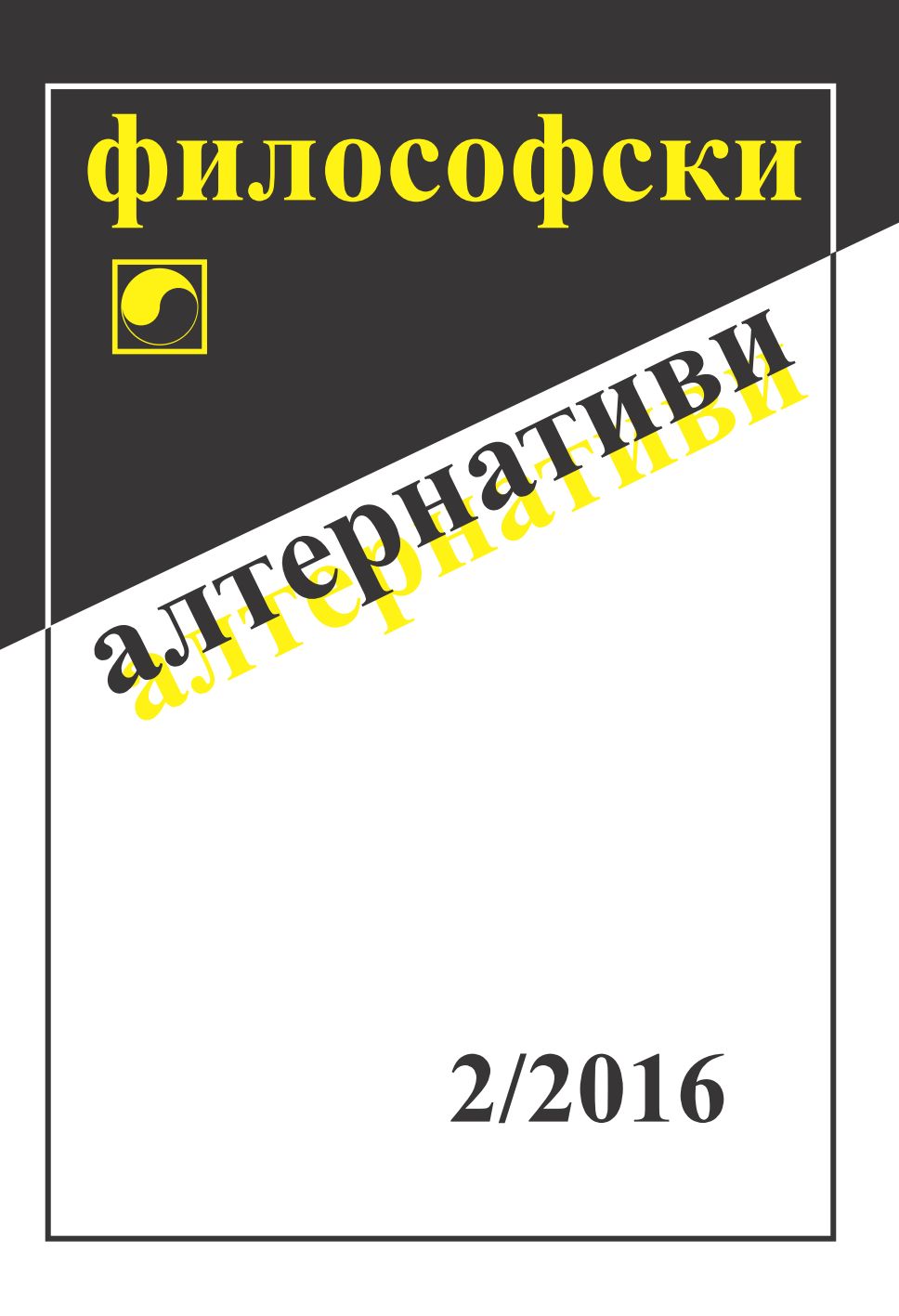
We kindly inform you that, as long as the subject affiliation of our 300.000+ articles is in progress, you might get unsufficient or no results on your third level or second level search. In this case, please broaden your search criteria.

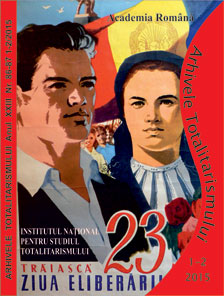
When Norman Manea left Romania for Germany in 1986, he was already an established Romanian writer. Two years later he immigrated to the United States of America and ever since he has published ten more volumes. He is currently living in New York, teaching literature at Bard College.Manea’s fiction and non-fiction books published in the United States relate closely to the concepts of history, memory and totalitarianism. The year 1986 was a turning point in his writing. Whereas America gave him the chance to reach a new fiction level, his biography became a crucial source of inspiration for his work.His whole literary trajectory during his exile represents a process of memory incitement, of self-discovery at different ages; by narrating himself, the author bears witness to the violence and destruction caused by both forms of totalitarianism – Nazism and Communism. Using language as an ally to anamnesis, Norman Manea descends into his own past and rediscovers his identity. His memories represent the raw material for a literature that brings together stories of three fundamental experiences: Nazism (with its dehumanizing corollary, the Holocaust), communism (with the White Clown’s perverse pleasure in “order and discipline”) and exile, with language displacement.
More...
The article considers the idea of the conflict between man and fate, and describes the nature of the tragic as the most important aesthetic category in O’Neill’s main dramas. The work is focused on the problem of fate and the evolution of this concept. In O’Neill’s early plays, it transforms from inscrutable behind-life forces to an internal entity associated with subconsciousness, family connections and genes. In his late plays, fate is represented by society hostile to man. However, O’Neill believes that fate can never defeat human spirit.
More...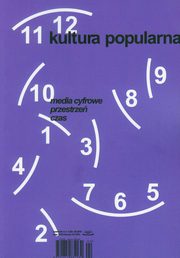
The article presents an analysis of the ways in which serial killers were depicted by popular literature authors. The image of serial killers which emerges from the interpretation of various criminal novels was confronted with criminological literature. As it seems, the comparision between fictional serial killers and their real counterparts allows us to notice some tendencies in popular literature. Serial killers, as presented in criminal novels, have more in common with the devil himself rather than with the actual serial killers. They tend to fill in some way the gap which has arisen in the consciousness of people living in the secularized societies.
More...
It is known that the real source of Turkish dramaturgy inspired from religious – based theatric ceremonies of Turks. But western-type theater was introduced with our culture with the Rescript of Gülhane (Tanzimat) which is considered as the officially end of Ottoman Empire. İbrahim Şinasi Efendi went down in the modern Turkey’s history as the first Turkish play writer and dramaturge by writing “Marriage of a Poet” comedy in 1859. The word of “dramaturge” got into Turkish literature history after the establishment of “Theater Committee” in 1873 consisting of Turkish writers. Aiming to develop dramaturgy, and to do this job better, “Literary Commission” was established within the ''Darülbedayi-i Osmani'' theater. In 1929 officially first dramaturge was reported to the duty by state in Turkish literary history.
More...
The article examines some of the features of creativity of Azerbaijan writers-Muscovites. Their literary works is characterized as an inseparable part of the national literary process. Their diverse creative activity in Moscow literary circles is evaluated. Important theoretical aspects of the concept of literary environment as a literary-historical and literary-theoretical position are discussed.
More...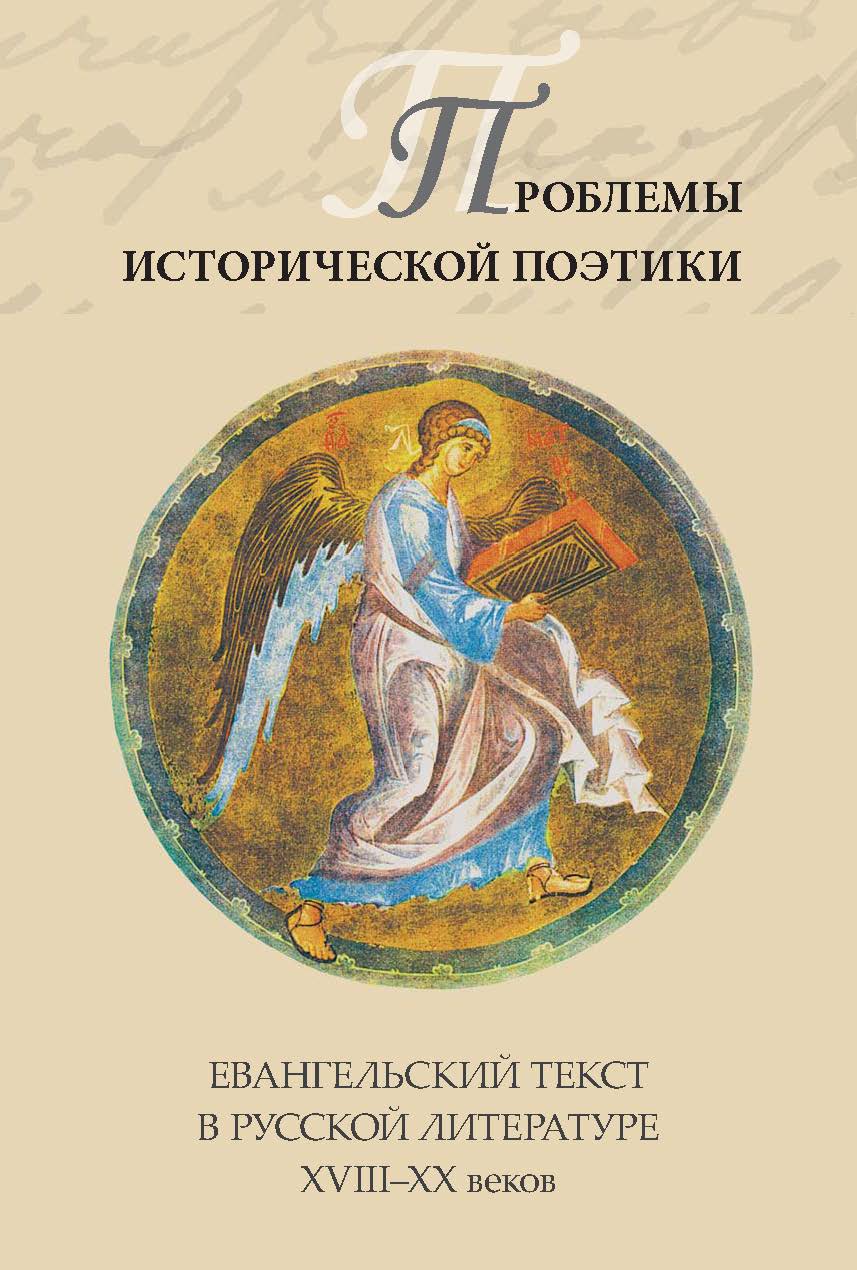
The author questions the perception of Ivan Turgenev as a “non- Christian writer” and studies the problem of the prodigal son motif functioning in a series of his novels. In his novels, Turgenev pictured different phases of the archetypal story, originating from the Gospel parable of the prodigal son. In the novel Rudin he depicted the phase of spiritual wanderings of the hero who had lost touch with his native land — Russia. In his next novels (Home of the Gentry, Fathers and Sons and Smoke), after leading his hero in circles and sending him back to his paternal home, Turgenev reconstructs the model of human behavior, represented in the parable, thereby recognizing the immutability of the idea formalized in the Gospel. The motif of the return to Russian land gets its completion in Turgenev's last novel Virgin Soil, in which the author paradoxically connects the Westernist idea with the Gospel imperative. Solomin, the son of a deacon, sent by his wise father out to Europe “to get education”, studies in England, masters the European knowledge and returns back “to his native land” to establish his own business in inland Russia. Thus, a series of Turgenev's novels, in which he portrayed different phases of social life, are interlinked with the motif of the prodigal son, who is represented by novels' main characters.
More...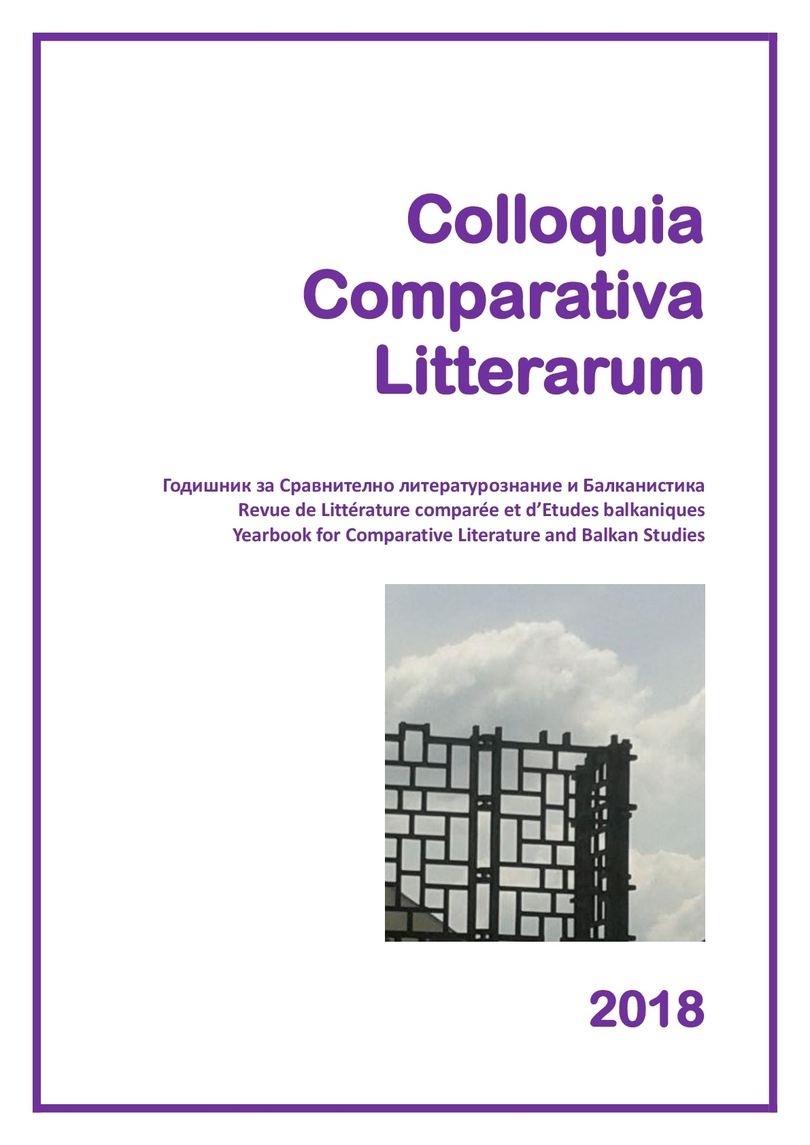
The paper examines Petko Todorov’s five symbolist plays (Masons, Strahil the Redoubtable Haidout, The Fairy, Bride Boryana, and Dragon’s Wedding) from the perspective of European symbolist drama to emphasize their common aesthetic principles and their specific originality. The comparative analysis thus defined leads to the conclusion that Petko Todorov’s works follows the structural principles of Symbolist drama yet they have their own specifics. The unconventional structure of the dramatic action and dialogue; the wide use of music and painting in the staging of the plays as well as their new genre form make Todorov’s works akin to the francophone Symbolist model. On the other hand, the moral dimension and the pervading national atmosphere in the Bulgarian dramas betray their indebtedness to the Russian Symbolist drama. Finally, the de-valorisation of the fantastic characters and the playing down of Romantic and realistic elements in Petko Todorov’s dramas are totally unknown to the European Symbolist theatre. In this way, Petko Todorov’s dramas are a peculiar combination of Symbolist poetics and influences of the Bulgarian national context. They follow their own development and contribute hereby to the specific evolution of the Bulgarian modernist theatre.
More...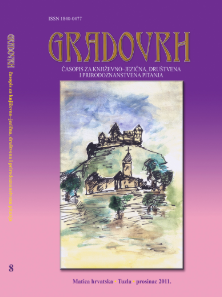
Etiketama za obraćanje, ponegdje nazvanim i etiketama za oslovljavanje (Vasić, 1979: 58), smatraju se nazivi za titule, zvanja, profesije, društvene funkcije, činove itd. (Radovanović, 1986: 140), a pojedini, iako ne svi lingvisti, pridružuju im i etikete za obraćanje srodnicima, prijateljima i poznanicima (Vasić, 1979: 62). Smatra se da se ove etikete od ostalih jezičkih sredstava za obraćanje razlikuju relativnom semantičkom markiranosti (Vasić, 1979: 59), a tvrdnja se dokazuje upotrebom etikete mama, kojom je jasno ispoljen odnos solidarnosti, “jer ga već sama etiketa nosi u sebi kao posledicu postojanja srodničkog odnosa” (Vasić, 1979: 59). Osim toga, njima se dodaju i lekseme drug, drugarica, gospodin, gospođa, gospođica i sl. uz eventualnu upotrebu titule. U analizi etiketa za obraćanje neizbježan je osvrt na upotrebu zamjenica 2. lica. No, to nipošto nije nedostatak, nego faktor koji doprinosi boljem osvjetljavanju analiziranog problema.
More...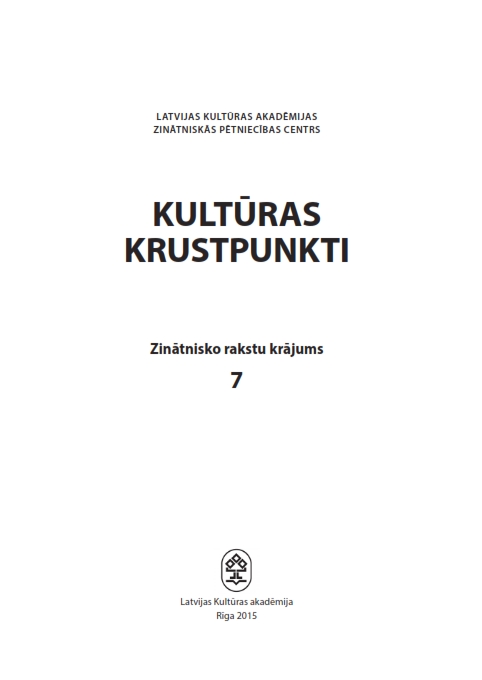
The article offers a brief insight into theatrical productions of Shakespeare’s plays in Latvia, focusing on the tragedy “Hamlet”. The article also analyses four theatrical productions of William Shakespeare’s plays by Oļģerts Kroders during the Soviet times: “Romeo and Juliet” (1966), “A Tragic Story of Hamlet, Prince of Denmark” (1972), “The Winter’s Tale” (1980), and “Hamlet, Prince of Denmark” (1984). The theatrical productions of these plays demonstrate the influence of the world theatre processes on Kroders’s creative handwriting. The article is an attempt to find a connection between the director’s conception and the social situation of the historical period when the play was staged in Latvia. The materials used for the article include the reviews of every theatrical production in the press, two observations of the rehearsal process (1980–1984), the explications of the director in the copies of the text of the play and in his private archive, and the ideas Kroders expressed in my interviews in 2011 and 2012. When interpreting translations of Shakespeare’s works, Kroders has remarkably solved not only linguistic and cultural differences which are characteristic of translated texts; he has also ideologically blended the two different epochs, addressing topical themes for the audience of Shakespeare’s day, without vulgarising or impoverishing the multilayered message of the original.
More...
The rise of an original Indian detective novel can be dated back to the 1950s. Like its European predecessor, the genre was initially considered strictly popular; books were sold at railway stations as cheap reading matter for commuters. During the Sixties, however, thanks to the rising importance of the middle class, detective novels became increasingly popular. For years the detective genre had been on the wane and it was only in the first decade of the 21st century that new detective and noir stories appeared.
More...
Purpose of Article. The purpose of the work is to find the generalizing features and trends of the appeal of the Chinese drama (spoken) theatre to the works of classics of the world drama - W. Shakespeare, H. Ibsen, A. Chekhov in the status of objects of artistic reception, as well as to find their alterations in the concrete and historical context of cultural life and society. To generalize the reasons for expanding the circle of authors of world literature and outstanding playwrights for a more reliable and full coverage of the influence on Chinese drama and "spoken" theatre. Methodology. The methodology of research, first of all, lies in applying comparative and historical-logical methods. The given methodological approach allows us to disclose and analyze the certain patterns of applying ideas and images of Russian and Western literature about the ideological models of Chinese society in specific historical conditions; these models being close to the relevant plot motives and ideological sources of a certain period. Scientific Novelty of the work is to expand the notion of the influence of classical world drama on the repertoire and the means of interpreting the plays by the new theatrical troupes of China. In particular, the differences between the "spoken" theatre and the "Beijing Opera," as well as the ways of the formation of the national theatre, considering the influence European dramaturgy - from Shakespeare to Chekhov. Conclusions. It is important for perception problems of a translated text of the work of art in a different cultural environment, that receptive aesthetics accentuates the question of historicism and social principles of this interpretation - in literature and drama, and in the theatrical culture in general. It is proved that in the mentioned period of time there was a transition in Chinese drama from the legends of xi qu theatre to the real life of a man. That is, Chinese playwrights have learned from the classics to create true, viable models of plays, to combine drama and lyricism together, to create new types of characters, a special genre of "lyrico-psychological drama." At the beginning of the XX century, the educated youth refused to adopt the norms of behavior determined by Confucian ethics; the adherence to well-doing, the external standards of decency and the family farm management were gradually becoming obsolete. This circumstance can be vividly illustrated by the reaction caused by the play "A Doll's House" by Henrik Ibsen when the female movement in China began to be called "Noraism" after Nora - the protagonist of this play.
More...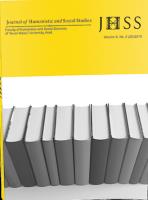

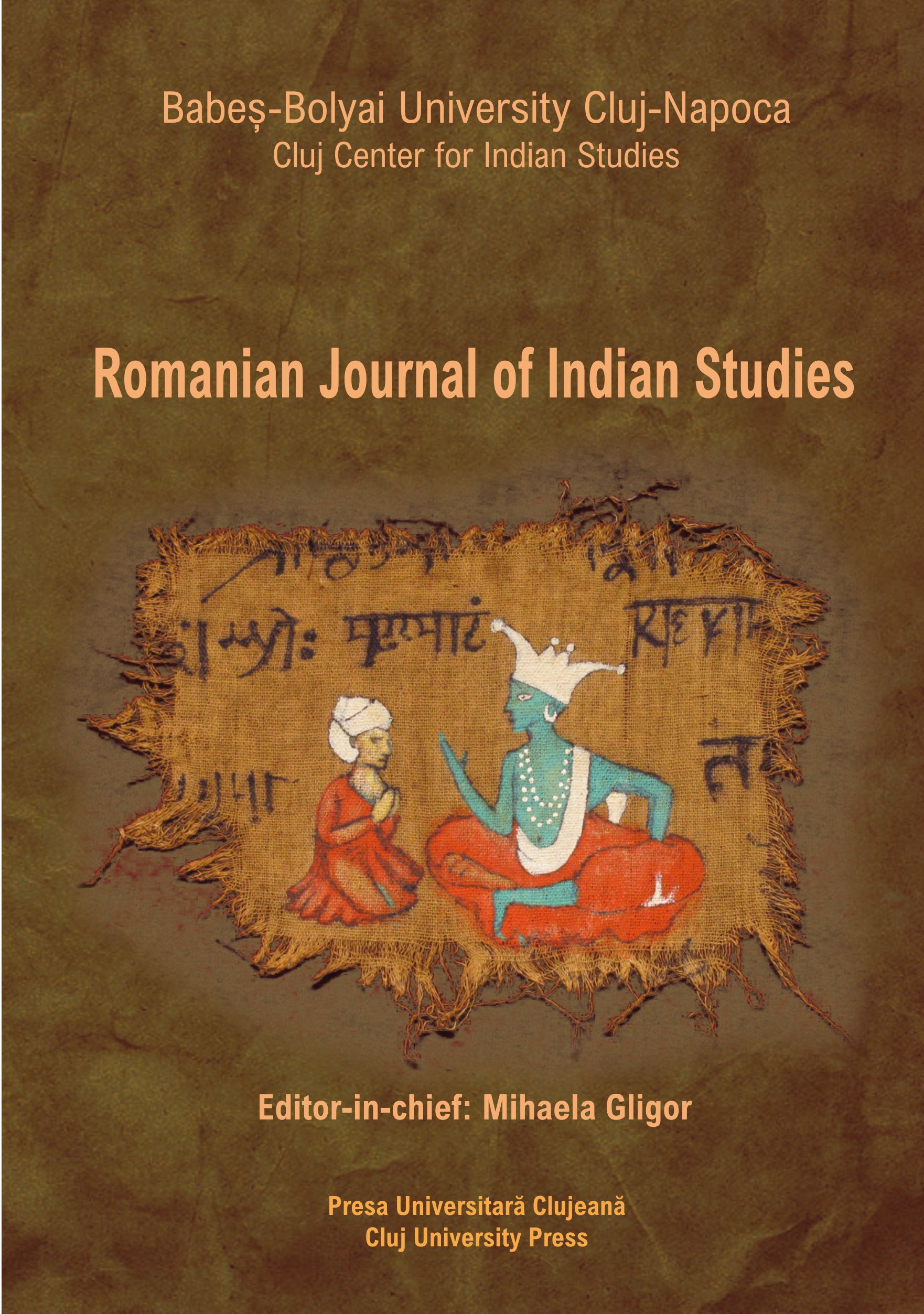
In this paper, I tried to make a presentation about the origin, growth and decline of the institution of temple girls. Devadasis were women who were dedicated to the particular temple deity or any specific symbol. A devadasi was considered nitya sumangali, a woman eternally free from the adversity of widowhood as she was married to God and married forever. She was married to a deity or god, but that did not mean that she had to live her life without the normal pleasures of sex and childbearing. In medieval times, she was a respected member of the society. These devadasis were performed ritualistic and non-ritualistic performances until 17th century, when devadasis were moving away from the temples into the secular spaces. Now they were no longer confined to the temples and by 18th century, the distinction between the devadasi and the prostitute becomes blurred. The bibliography to which I had access clearly shows a transformation of the role of the system in Hindu society, a role that I tried to capture in the following pages.
More...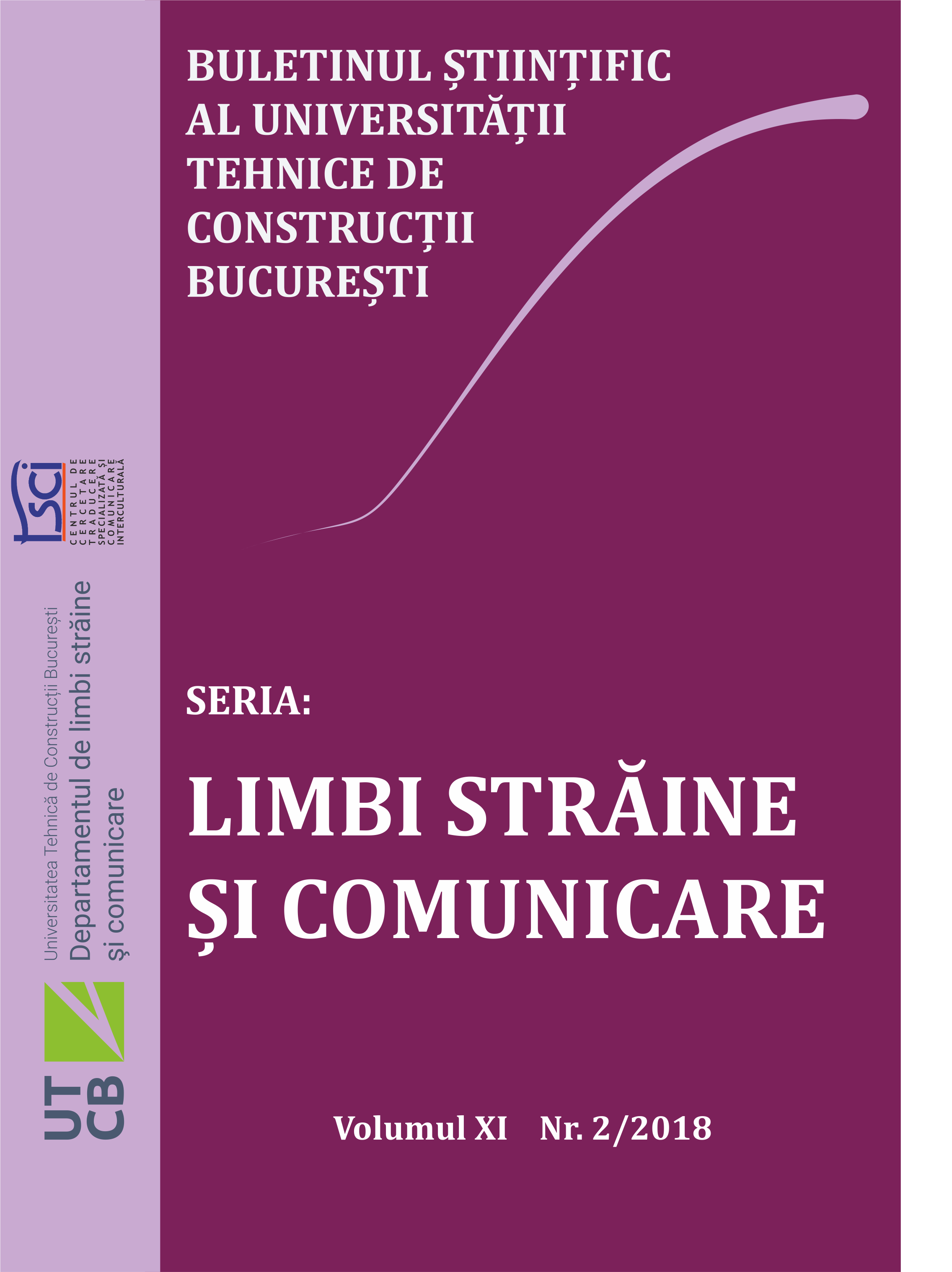
The following article discusses particular problems concerning the acceptability of a category of statements regarding fictional literature, i.e. those comprising fictional terms. Some theoretical prerequisites of an established institutional literary scholarly treatment of fictional literature are outlined. It is pointed out that this theoretical background allows the distinction between acceptable and not acceptable statements in consideration of fictional literature. It is argued that, given this theoretical framework, the use of expressions mentioning fictive characters that occur in literary texts and referring to fictional structures should be considered acceptable. The use of expressions referring to fictive characters should not be considered acceptable. “Fictional” is used in this article when meaning
More...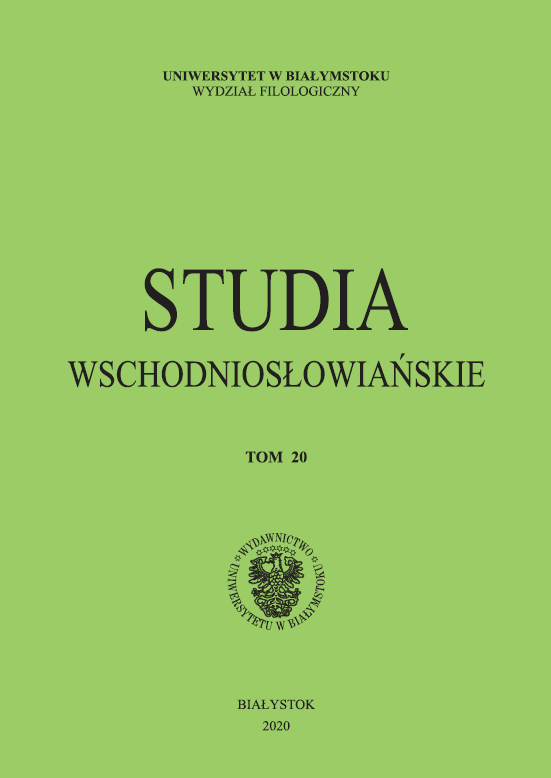
In this paper, dance is considered as an element of the artistic structure of dramatic works of Russian, Belarusian and Polish authors of the 1990s–2010s. It was revealed that this element represents the level of the chronotope: it becomes one of its expressive modes (creating an atmosphere due to emotional «charge»), manifests itself as a «non-everyday form of behavior» of a character (J. Faryno), as a «spatial motive» (O. Bagdasaryan) as a sense-forming centre of the artistic universe. A comparative analysis of the plays written by Russian, Belarusian and Polish playwrights of the indicated period showed that in Russian drama the transition occured from the dance – a «spatial motive» to the dance – a semantic center representing author’s model of the world and a Nietzschean man in the terms of a spontaneous, unstable world order. That was caused by the strengthening of the performative and receptive potential of modern drama. At the same time, in the Belarusian drama, due to more strong genetic ties with folklore, the dance for a long time has been manifesting itself as a game form of non-everyday behavior, however, since the mid-1990s it is often introduced as a «spatial motive» representing the extremely deformed consciousness of characters. If it comes to Polish drama, despite the actualization of the dance in the significant for its development works, in the latest plays it rarely functions as a semantic center, because of political and social themes predomination. The authors of this paper made an attempt to clarify the reasons for differents of the dance in the Russian, Belarusian, Polish drama of the 1990s–2010s, based on sociocultural factors, as well as on the logic of the development of the literary proces.
More...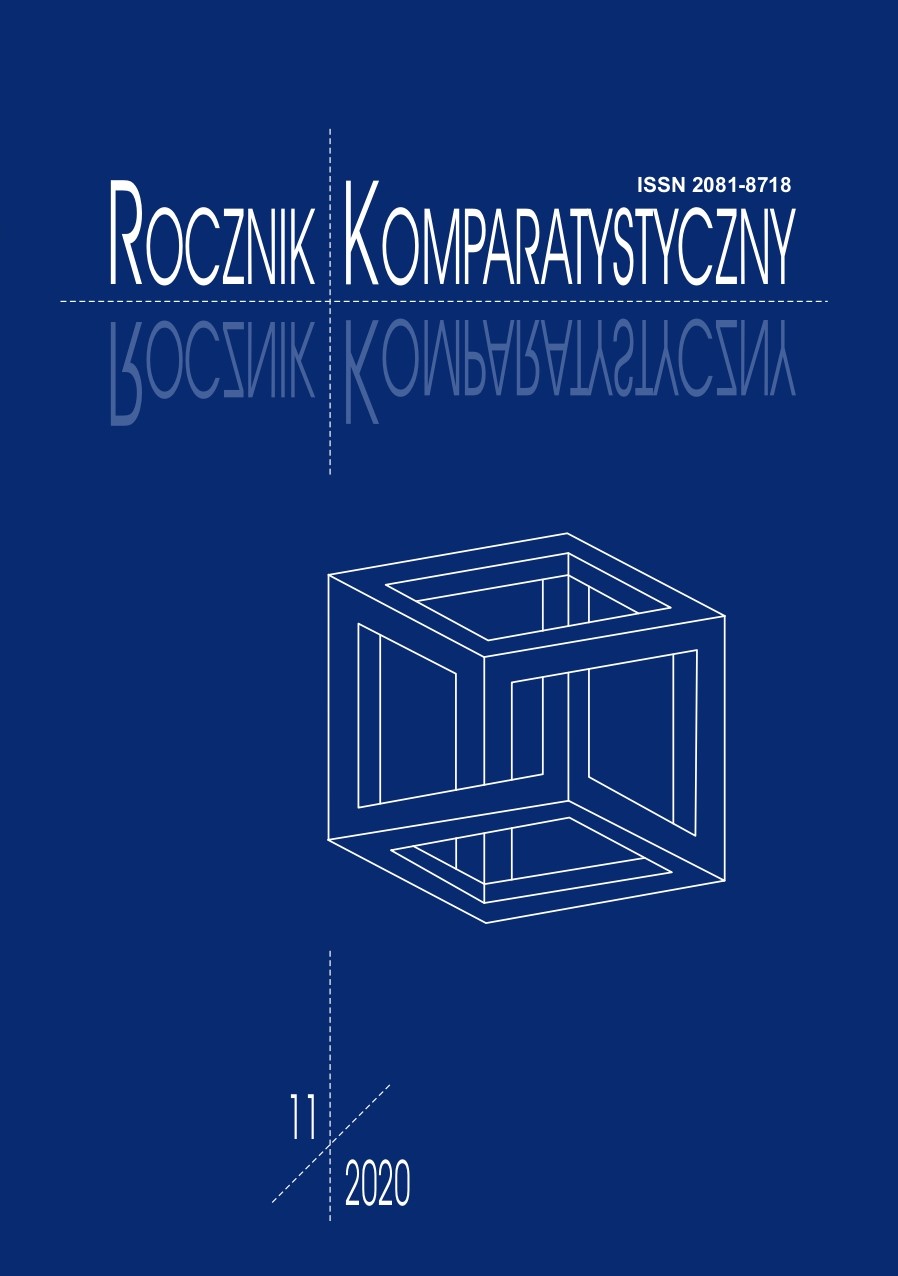
The article is devoted to intertextuality in the nineteenth-century dramatic texts inspired by other literary forms. The group of melodramas rewritten from texts of various literary genres includes works both secondary and literally impoverished, as well as some that are interesting, even innovative. In the practice of rewriting, the main plot of the original is retained only in its general outlines. The omissions, rearrangements, and simplifications often associated with a complete change in the sense of the prototype seem to be particularly interesting; although inspirations from sentimentalism are extremely important. The melodramas in question retain a link with the original work expressed not only by the choice of title but also by enriching them with content that did not exist before. This seems to be an effort to crystallize their own creative identity, often falling within the realm of popular culture.
More...
The article touches upon new threads as regards the Polish reception of J.J. Rousseau’s melodrama Pygmalion so as to settle a few debatable issues. For that purpose, the author ventures to study a broader array of source texts: apart from the well-known translation by T.K. Węgierski, J. Baudouin’s prose rendering and the French edition of the work published by Piotr Dufour are also discussed. This allows both for the formulation of a number of hypotheses on the influence of particular French editions on the translated versions of Rousseau’s work (e.g. making redundant a number of stage directions, planning to create a prospective bilingual edition) and ascertaining the exact sources of Węgierski’s adaptation; a difficult task, given the traditional dichotomy between the original and its translation. Approaching the translation as but a hub on the way towards the target text seems promising though, the more so that such an approach has already been tested with regard to the French culture. Considering the above, Rousseau’s Pygmalion should not be viewed merely as a source text, but rather a textual archetype evolving in course of its reception, both in France and in Europe.
More...
This paper focuses on the melodramatic features in Almayer’s Folly, the first part of The Malay Trilogy by Joseph Conrad, and their significance for the interpretation of the novel. The poetics of melodrama and opera is reflected in various aspects of Conrad’s prose, such as e.g. main plot construction, references to Verdi, characterisation of the protagonists. The melodrama and opera provide an important cultural frame of reference, which affects the narrative scope of the novel discussed.
More...